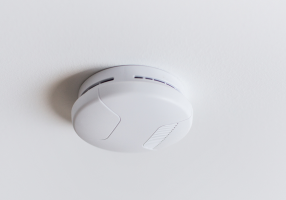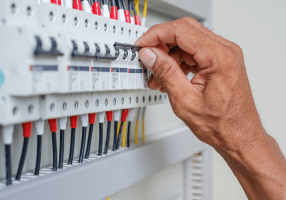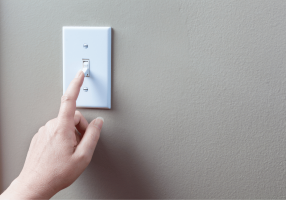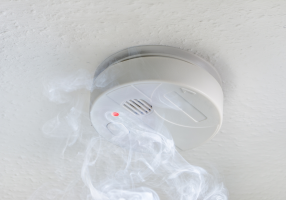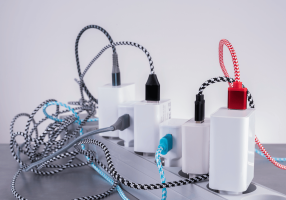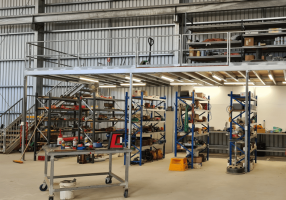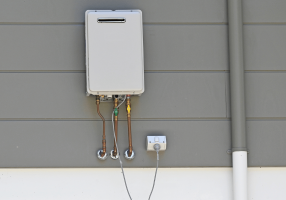Electric storage hot water systems are a staple in many Mandurah homes, providing reliable hot water for daily needs. However, like any appliance, they require regular maintenance to ensure efficiency, safety, and longevity.
If you’re wondering how to care for your electric hot water system, or contemplating replacing it, this guide will answer your questions and help you make informed decisions.
1. Understanding Electric Storage Hot Water Systems
Electric storage hot water systems are designed to heat water in an insulated tank and keep it at a consistent temperature until it’s needed. They’re widely used in Mandurah homes due to their reliability and straightforward design, which makes them relatively easy to maintain.
However, because they’re used daily and store hot water under pressure, these systems benefit from regular checks to prevent issues and ensure optimal performance.
2. The Importance of Regular Maintenance
Regular maintenance of your electric hot water system prevents common issues like sediment buildup, corrosion, and inefficient heating. Without proper care, your system may consume more energy or fail altogether, leaving you with unexpected cold showers and costly repairs.
Regular servicing also helps you detect signs of wear and tear early, potentially saving you from the expense of replacing the entire system.
3. Key Maintenance Tips for Electric Hot Water Systems
Here are some practical tips to keep your electric hot water system running smoothly:
Flush the Tank Annually
Over time, sediment accumulates at the bottom of the tank, reducing heating efficiency. Flushing the tank once a year removes these deposits, ensuring consistent water temperature and extending the system’s lifespan.
Check the Temperature Setting
Set your thermostat to 50°C to avoid overheating, which can damage the system, and reduce the risk of scalding. Maintaining this temperature also prevents the growth of harmful bacteria like Legionella.
Inspect the Anode Rod
The anode rod prevents corrosion in the tank, but it wears out over time. Inspect it every two to three years and replace it if it has corroded significantly. Call your local plumber to help you inspect your anode rod.
Signs Your Anode Needs Replacing
- Rusty Water: If you notice brown or rusty water coming from your taps, it could be a sign that the anode is corroded and the tank is starting to rust.
- Odd Smell or Taste: A foul smell or metallic taste in your hot water can indicate that the anode is deteriorating and needs replacement.
Examine for Leaks
Regularly inspect your electric hot water system for signs of leaks around the tank, pipes, or pressure relief valve. Addressing leaks early prevents water damage and ensures the system operates efficiently.
Test the Pressure Relief Valve
The pressure relief valve is a crucial safety feature that prevents excessive pressure from building up inside the tank. Test it every six months to ensure it’s functioning properly.
How to Check the Pressure Relief Valve
Performing a simple check on the pressure relief valve every six months can help ensure it’s functioning correctly. Here’s how:
- Locate the Valve: The pressure relief valve is typically found near the top of the tank, with a small lever you can lift to test it.
- Lift the Lever: Carefully lift the lever to allow a small amount of water to release through the valve. This action helps clear any sediment that may be causing blockages and ensures that the valve opens as it should.
- Observe the Water Flow: If water flows out easily and stops when you release the lever, the valve is in good working order. If it doesn’t open or leaks after you release it, it may need to be replaced.
Signs of a Faulty Pressure Relief Valve
A faulty relief valve can compromise the safety of your hot water system. Common signs include:
- Constant Leaking: If the valve leaks continuously, it may indicate it can no longer handle pressure effectively.
- Difficulty Opening the Valve: If you can’t lift the valve lever or it feels stuck, it might be clogged with mineral deposits and need replacement.
- No Water Discharge During Testing: If no water flows out when you test the valve, it’s a strong indicator that it’s faulty and should be checked by a professional.
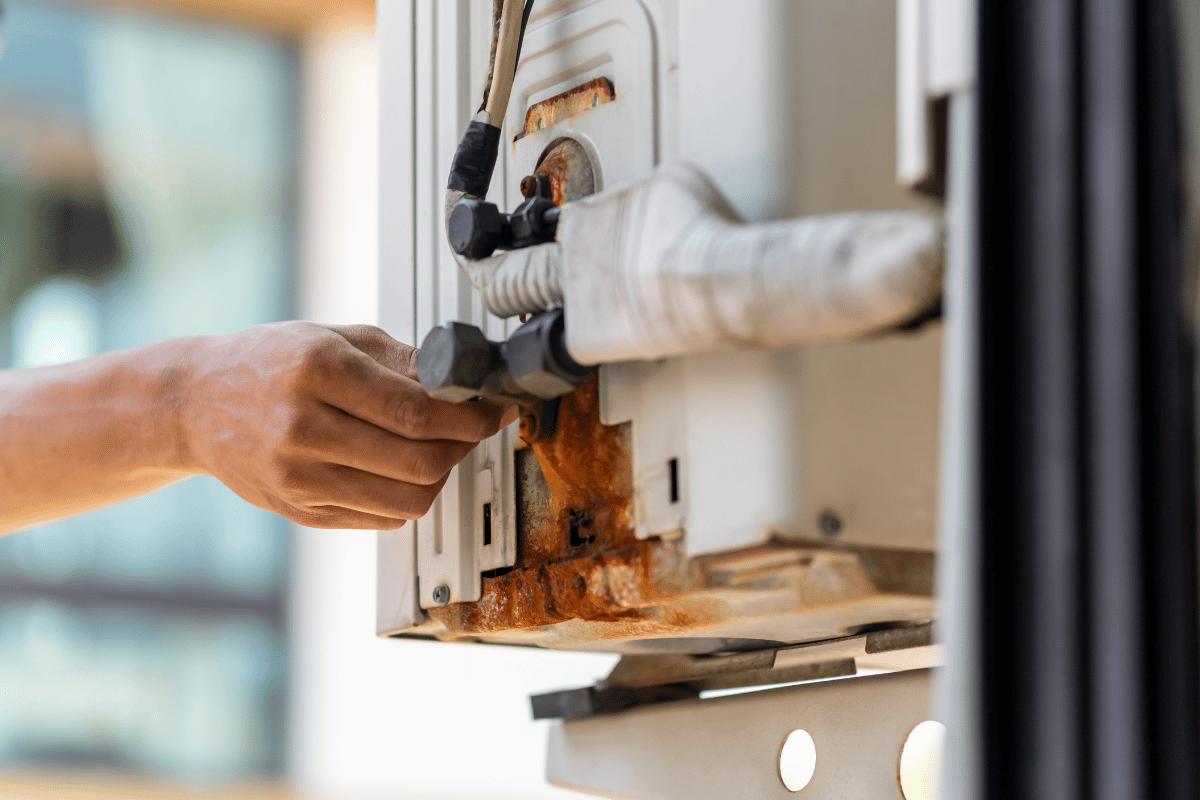
6. Signs Your Hot Water Unit Needs Replacing
Even with regular maintenance, electric storage hot water systems have a finite lifespan, usually between 8-12 years. If your unit is approaching this age, it’s a good idea to monitor it for signs of wear and consider replacing it before a complete breakdown. Here are some key indicators that your hot water system may need replacement:
- Age of the System: Most electric storage hot water systems last about 8-12 years. If your system is older than this, it’s a good idea to start considering a replacement, as parts may begin to fail more frequently, and the system’s energy efficiency may decline.
- Inconsistent or Insufficient Hot Water: If you’re noticing fluctuations in water temperature, or if your system struggles to provide enough hot water, it may be a sign that the heating elements or internal components are worn out. This can lead to energy waste as the unit struggles to maintain temperature.
- Increased Energy Bills: Older hot water systems are less energy-efficient and may consume more power to heat water, leading to higher energy bills. If you’ve noticed an unexplained increase in your energy costs, your hot water unit may be nearing the end of its useful life.
- Leaks Around the Tank: Water pooling around the base of the tank is a serious issue that often indicates internal corrosion or a structural issue. Small leaks may be repairable, but significant leaks or rusted areas are often signs that the tank itself is failing and needs to be replaced.
- Strange Noises: If your hot water system starts making unusual sounds, such as banging or popping noises, it could be due to a build-up of sediment inside the tank. This sediment buildup makes it harder for the system to heat the water and can lead to damage over time. Persistent noises may mean it’s time to replace the unit, especially if flushing the tank doesn’t resolve the issue.
When to Call a Professional
While some maintenance tasks are DIY-friendly, others require a professional’s expertise. Call an electrician or plumber if you notice:
- Persistent leaks that don’t stop after tightening connections.
- Unusual noises from the system, like banging or gurgling.
- Electrical issues, such as tripped circuit breakers or a complete lack of power.
7. Benefits of Replacing an Old Hot Water System
While replacing a hot water system is a significant expense, upgrading to a new unit offers several advantages:
- Improved Energy Efficiency: Newer models are designed to be more energy- efficient, which can lead to lower utility bills and reduced environmental impact.
- Enhanced Reliability: A new system reduces the risk of sudden breakdowns, which can be inconvenient and costly.
- Better Safety Features: Modern units often come with enhanced safety features, including more efficient temperature and pressure relief mechanisms. Have you heard about Heat Pump Hot Water systems? feel free to head to our other page about Heat Pump Hot Water, as these are a smart Energy Efficient option for longevity.
8. Trust Intelli-Gen Electrical for Your Hot Water Needs
Maintaining and upgrading your electric hot water system doesn’t have to be complicated. At Intelli-Gen Electrical, we specialise in fault finding and replacing electric hot water systems, ensuring your home always has access to reliable hot water.
Whether you need a routine maintenance check or are considering a replacement, our expert team is here to help. Contact Intelli-Gen Electrical today to schedule a service or get advice on choosing the perfect hot water system for your home.

